T4K3.news
Chlorophyll Collagen Backing Questioned
A look at the science behind chlorophyll and collagen claims in wellness marketing.
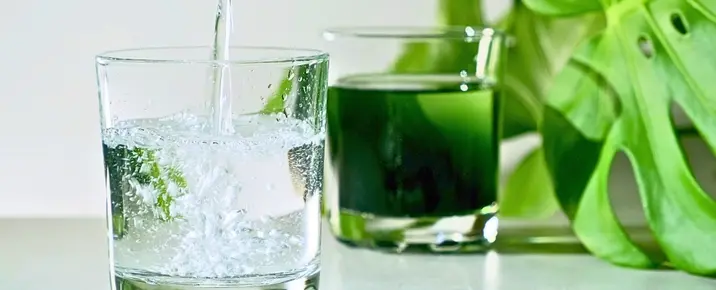
The piece examines whether chlorophyll and collagen claims on social media and beauty shelves are backed by science.
Chlorophyll Collagen Scrutiny Finds Mixed Scientific Backing
Chlorophyll has become a fixture on wellness shelves and in social feeds, but the science behind the claims is thin. Proponents say chlorophyll, whether in water or supplements, detoxifies the body and even oxygenates the blood, while collagen is promoted as a cure for aging skin and fragile joints. In reality, humans do not perform photosynthesis and cannot oxygenate the bloodstream with greens. Chlorophyllin, a water soluble form often marketed for detox and odour control, has limited evidence for most health claims beyond specific wound care and gut odour in narrow contexts. While some old studies hint at benefits like reduced odour or improved healing, stronger proof, especially for weight loss or heart disease, remains elusive.
Collagen supplies building blocks for skin and connective tissue, and some studies find small improvements in appearance, joint comfort, or bone strength. Yet there is no solid proof that collagen pills burn fat or treat cardiovascular or autoimmune conditions. Topical products face an even steeper hurdle as large collagen molecules do not easily pass through the skin, leaving hydration and a temporary plump effect as the most likely outcomes. A practical approach is to ensure adequate protein and nutrients that support collagen synthesis, such as vitamin C, copper and zinc, through diet rather than pricey powders.
Key Takeaways
"Unless you are Poison Ivy from Batman, you probably don't need to load up on chlorophyll."
Dan Baumgardt comment on necessity
"the human body, unlike a plant leaf, isn't flooded with sunlight."
Goldacre critique
"chlorophyll may inhibit bacterial growth or neutralise foul-smelling compounds in the gut."
Proposed mechanisms of chlorophyllin
"The evidence is mixed."
Overall evidence status
Marketing and wellness culture blur the line between biology and lifestyle. The same glossy packaging that sells chlorophyll water also sells hope, and influencers from Goop and Poosh amplify the message. The article shows why readers should demand robust trials rather than testimonials and selfies. Facts about how chlorophyll really works in the body are easy to miss in a sea of green smoothies.
Beyond marketing, the piece encourages practical health choices. Real benefits come from balanced diets and adequate protein rather than miracle powders. It also notes that wound care research for chlorophyll dressings is the most promising area, deserving careful study while keeping expectations grounded about everyday use.
Highlights
- Green hype needs stronger evidence.
- Wound care shows promise not miracles.
- Ask for the science behind glossy claims.
- A healthy diet beats pricey powders.
Public reaction and marketing risk
The article highlights how wellness marketing and influencer culture can mislead consumers about the science behind chlorophyll and collagen. The claims touch on sensitive health topics and may influence budgets and purchasing decisions.
Smart shoppers balance curiosity with evidence.
Enjoyed this? Let your friends know!
Related News

Seven vegan juice blends promise skin glow
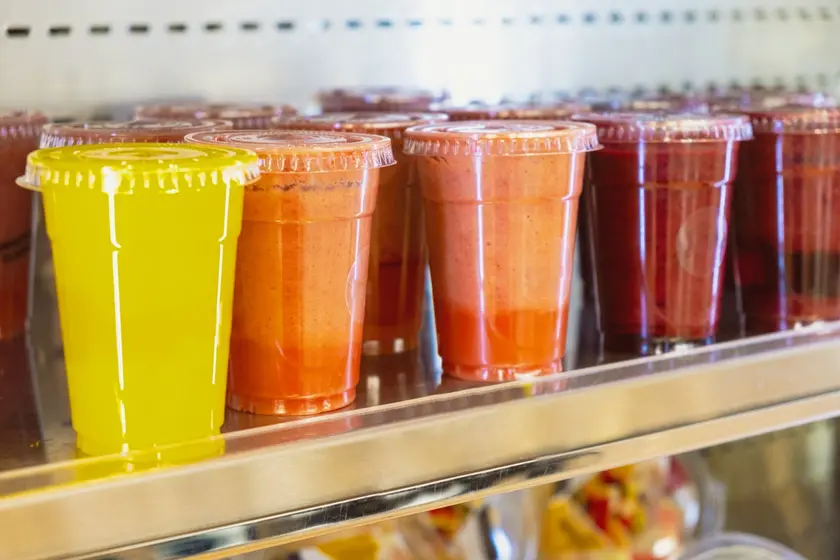
Experts question value of trendy wellness smoothies
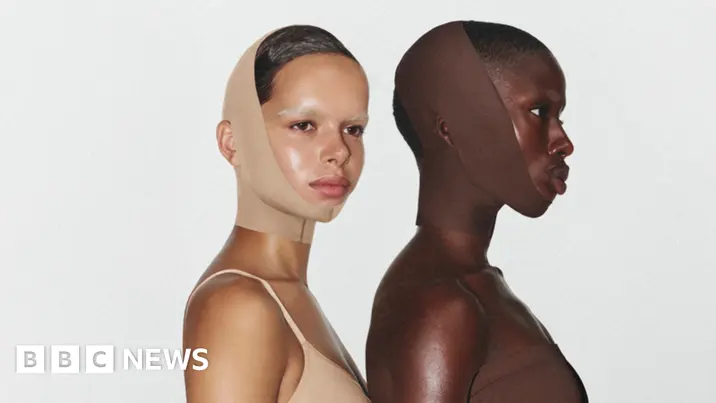
Kim Kardashian's new face wrap causes backlash

Collagen treatments gain popularity amid mixed evidence
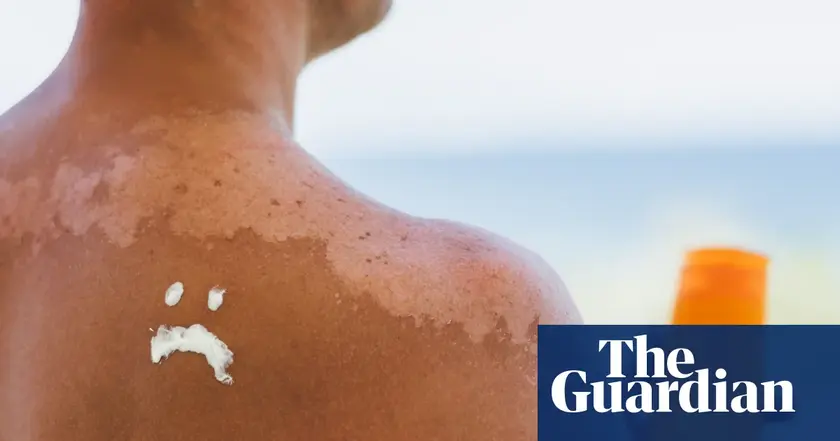
Discussion around sunscreen safety intensifies
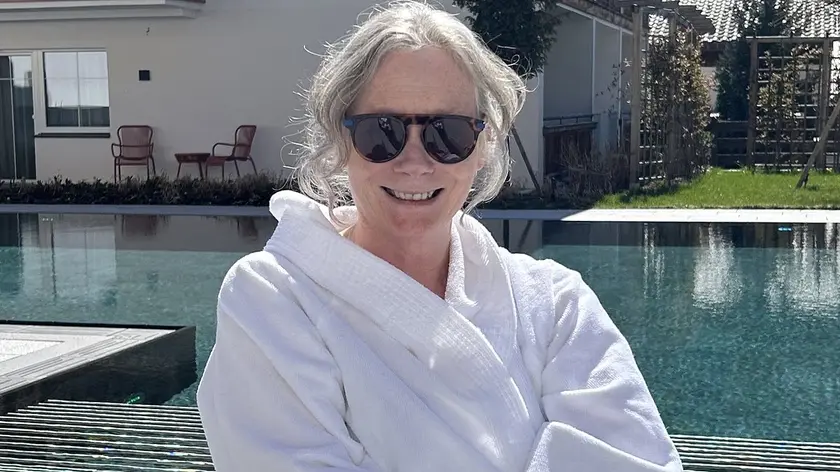
Promising new diet plan reveals significant weight loss
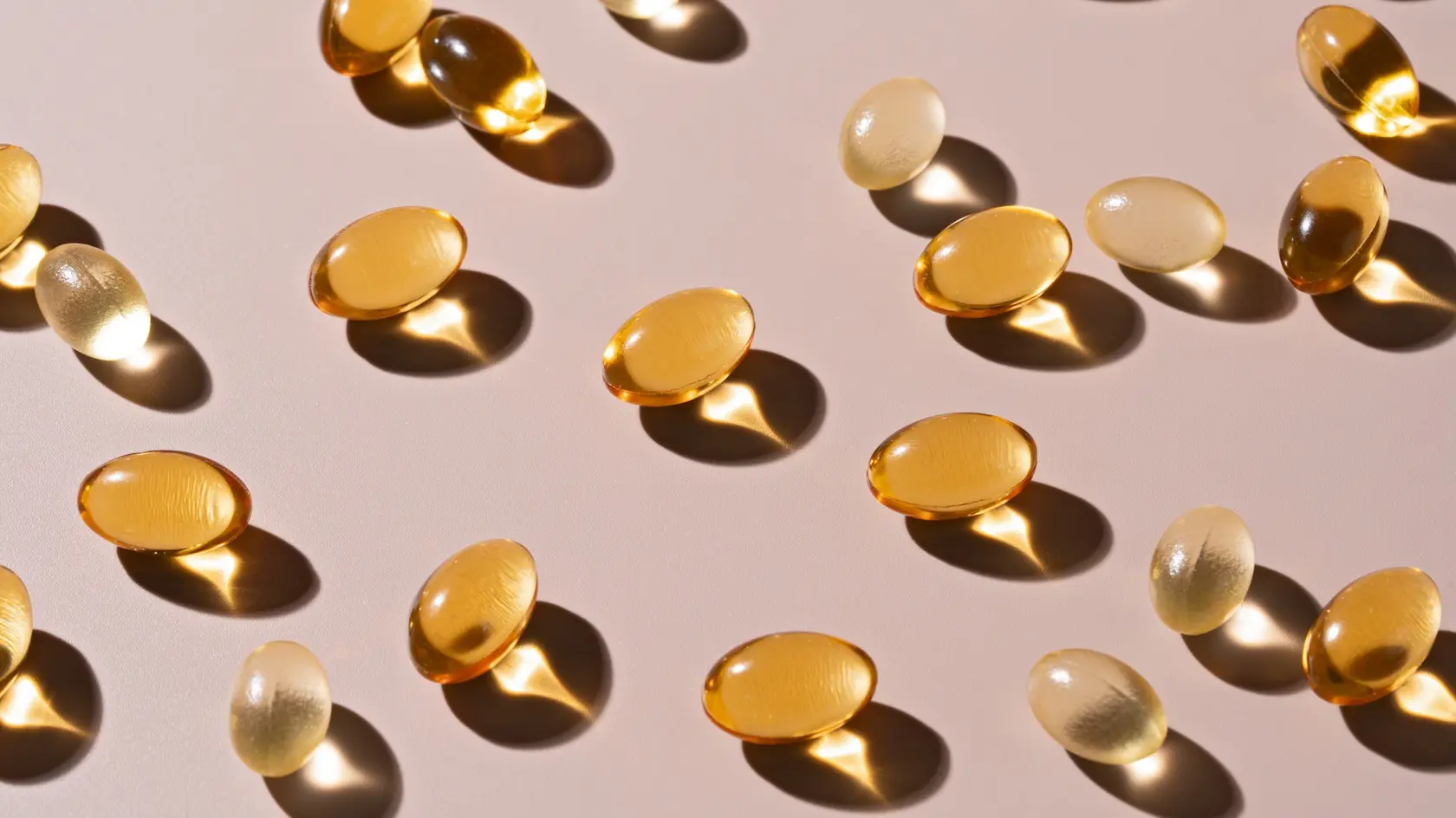
New study links collagen to explosive strength gains

Mike Vrabel criticizes reporter for repeated question
